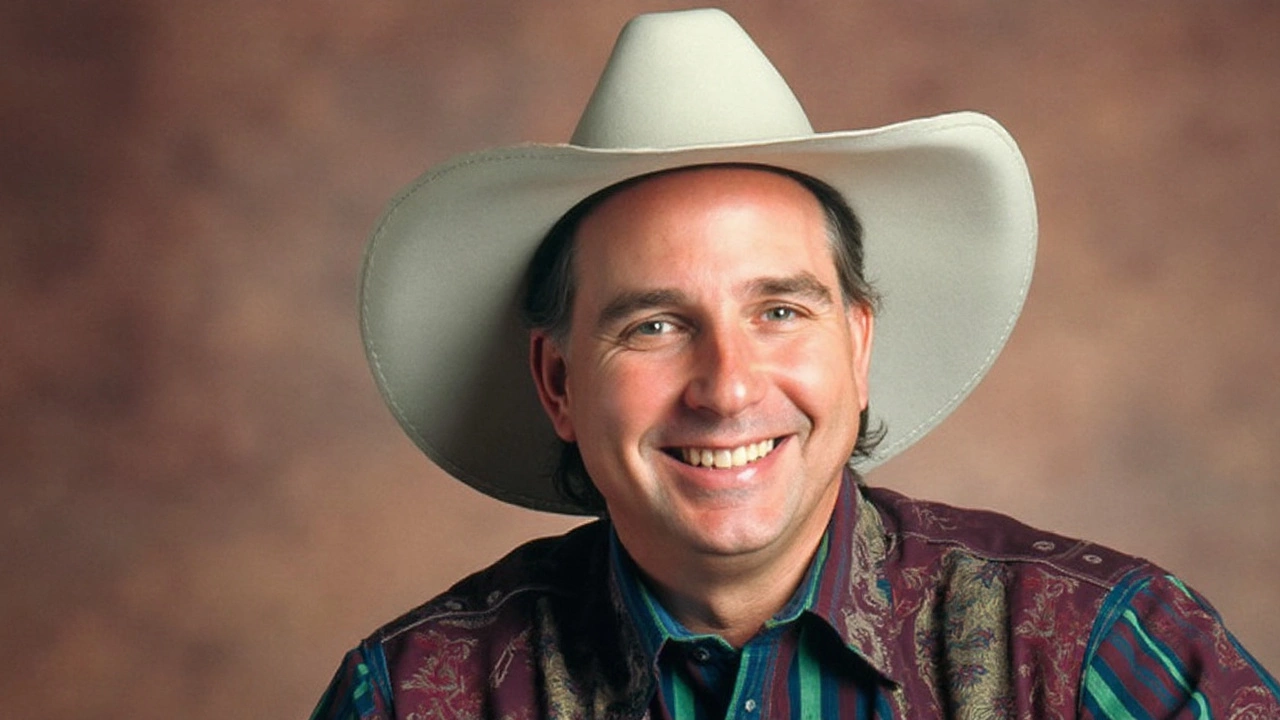Country Music – Stories, Sound & Roots
Country music is more than a playlist – it's a cultural snapshot of rural America that has spread worldwide. When you hear the term country music, a genre rooted in folk traditions, known for its narrative lyrics and distinct twang. Also called country, it grew out of the Appalachian sound and found a home in the honky‑tonk bars of the South. The heartbeat of the genre lives in Nashville, the city that became the industry hub, home to the Grand Ole Opry and countless record labels, where songwriters gather to turn everyday moments into verses. Nashville’s studios, radio stations, and publishing houses shape what reaches your earbuds, turning local stories into global hits. This blend of place and purpose makes country music a living archive of everyday life, from love‑filled duets to truck‑stop heartbreaks.
Why Country Music Matters
At its core, the sound relies on simple, resonant instruments. The acoustic guitar, the workhorse of the genre, provides the rhythmic backbone and melodic sparkle that drive most tracks is the first tool many budding songwriters pick up. Pair that with a steel‑string dobro or a polished fiddle, and you have the classic palette that lets a simple chord progression shine. But the real magic comes from storytelling, the lyrical focus on personal experience, vivid characters, and relatable emotions that define the genre. Whether it’s a farmer’s sunrise, a heartbreak on a dusty road, or a celebration of a small‑town Friday night, the narrative pulls listeners into a scene they can picture, making the music feel like a conversation with a neighbor.
Beyond the instruments and narrative, country music leans heavily on its folk roots. The genre draws from the folk tradition, a lineage of Appalachian ballads, gospel hymns, and blues that contribute to its melodic structure and lyrical cadence. This heritage gives the music its distinctive vocal twang and call‑and‑response patterns, linking modern hits back to centuries‑old tunes sung around campfires. It also means the genre constantly evolves: modern producers layer electronic beats, while lyricists sprinkle pop references, yet the underlying folk DNA keeps the sound grounded. That tension between old and new fuels debates among purists and innovators alike, ensuring the scene stays fresh without losing its soul.
All of this—Nashville’s influence, the acoustic guitar’s steady strum, storytelling’s emotional pull, and folk tradition’s deep roots—creates a rich tapestry that keeps fans coming back for more. Below you’ll find a mix of articles that explore these angles, from the history of the Grand Ole Opry to tips on writing compelling lyrics, and a look at how today’s artists blend classic sounds with modern production. Dive in to see how each piece fits into the larger picture of country music’s ever‑changing landscape.
On This Day 1989: Garth Brooks’ first No. 1 was the ballad Nashville nearly passed on
Posted by Zander Callaghan with 0 comment(s)
On Aug. 21, 1989, Garth Brooks released 'If Tomorrow Never Comes,' the ballad that became his first No. 1 and a cornerstone of his career. Co-written with Kent Blazy, it topped the country chart on Dec. 9, 1989. The song’s plainspoken message about love and mortality cut through early industry doubts and helped launch Brooks toward record-shattering success.
view more